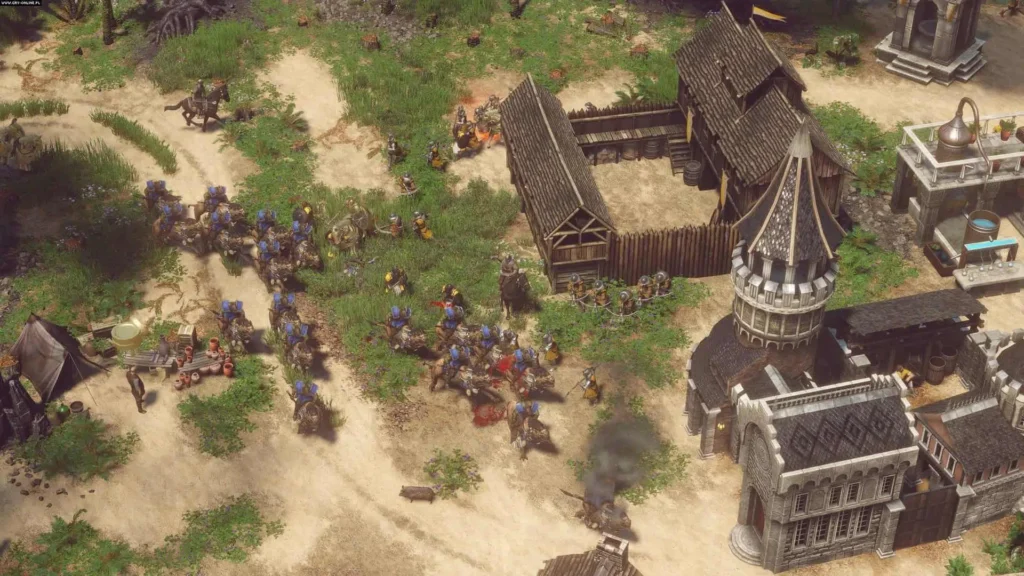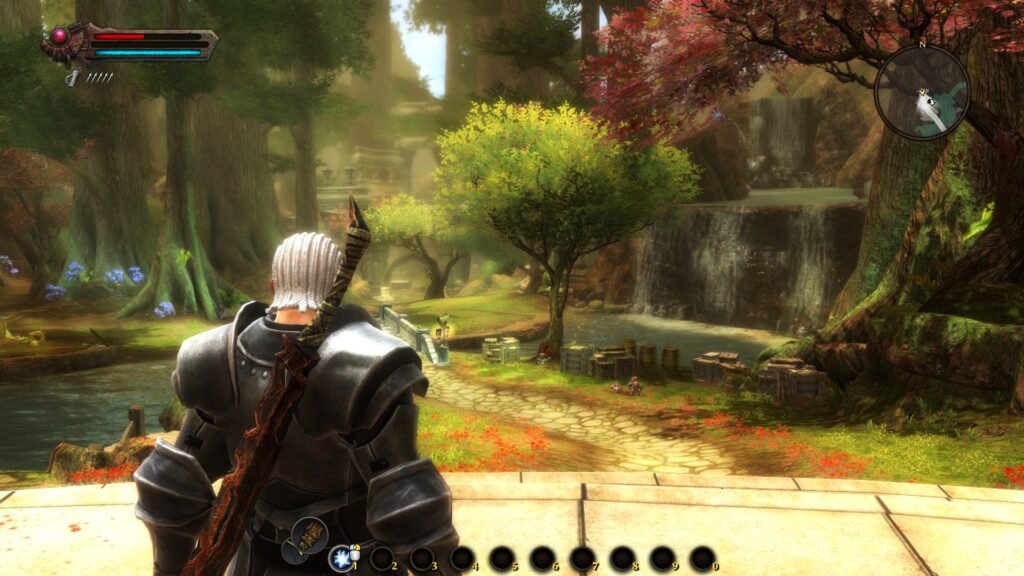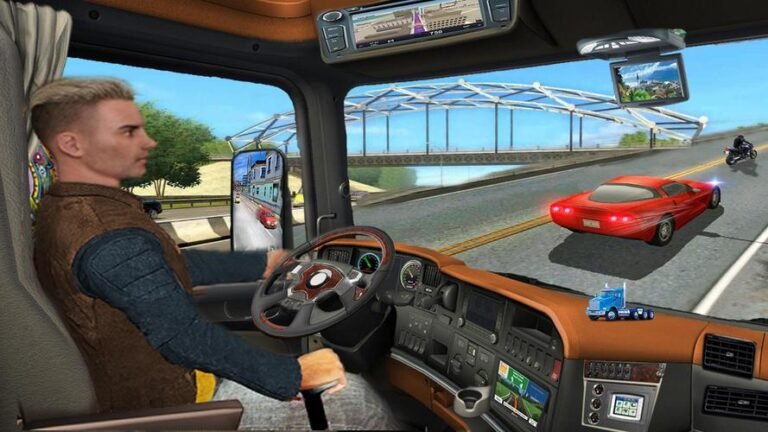
Development Frameworks and Engines:
- Unity: Comprehensive engine for 2D and 3D games, using C#.
- Unreal Engine: High-quality graphics engine, using C++ and Blueprint.
- Godot: Versatile engine supporting both 2D and 3D, using GDScript and C#.
I specialize in creating captivating and immersive gaming experiences across various platforms.




Description: Classic games where players navigate a character through a side-scrolling environment. Techniques Used: Sprite Sheets: For character animations and environmental elements. Physics Engine: Handling gravity and collisions (e.g., Unity’s built-in 2D physics). Tilemaps: For creating and managing game levels.

Description: Games that challenge players’ problem-solving skills with various puzzles and logic challenges. Techniques Used: Grid Systems: For arranging puzzle pieces and managing game state. Event Handling: To respond to user interactions and game logic. Algorithm Design: For puzzle generation and solving (e.g., pathfinding algorithms).

Description: Games that require players to plan and make strategic decisions, often involving resource management. Techniques Used: AI and Pathfinding: For non-player characters and game strategy (e.g., A* algorithm). Resource Management Systems: For tracking and managing game resources. User Interface Design: For complex menus and decision-making screens

Description: Games where players assume the roles of characters in a fictional setting, with elements like quests and character development. Techniques Used: Dialogue Systems: For interacting with NPCs and advancing the story. Inventory Systems: For managing player items and equipment. Skill Trees and Progression Systems: For character growth and abilities.

Description: Fast-paced games focused on combat, reflexes, and quick decision-making. Techniques Used: Real-Time Physics: For realistic movement and collision. Input Handling: For responsive controls and character actions. AI Behavior: For enemy patterns and combat strategies.

Description: Games that simulate real-world activities or systems, such as farming, city-building, or managing a business. Techniques Used: Complex Systems Modeling: For simulating various game mechanics and interactions. Data Management: For tracking and updating game states and player progress. UI/UX Design: For managing complex information and user interactions.
2D and 3D Game Development: Creating engaging and immersive games for both 2D and 3D platforms tailored to client specifications. Mobile Game Development: Specialized in developing games for Android devices, optimizing for performance and user experience. Cross-Platform Games: Developing games that work seamlessly across multiple platforms, including Android, iOS, and web.
Concept Development: Collaborating with clients to develop unique game concepts and storylines. Game Design Document (GDD): Creating comprehensive documents outlining game mechanics, story, and design elements. Prototyping: Building prototypes to test game ideas and mechanics before full-scale development.
Sound Effects: Creating immersive sound effects that enhance the gaming experience. Background Music: Composing and integrating background music to set the mood and enhance gameplay. Audio Integration: Implementing sound and music within the game engine to ensure proper synchronization and quality.
As a skilled game developer, I specialize in creating captivating and immersive gaming experiences across various platforms. With expertise in both 2D and 3D game development, I bring game concepts to life through innovative design, dynamic mechanics, and engaging storytelling. My experience includes developing games for Android, optimizing performance for mobile devices, and integrating cutting-edge technologies such as AR and VR. From the initial concept to final release, I handle every aspect of game development, ensuring high-quality results and a seamless player experience. Passionate about gaming and dedicated to excellence, I strive to push the boundaries of interactive entertainment with each project.